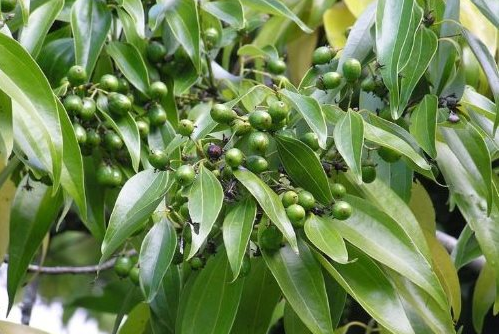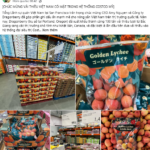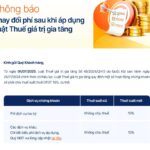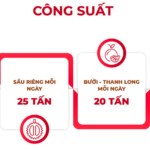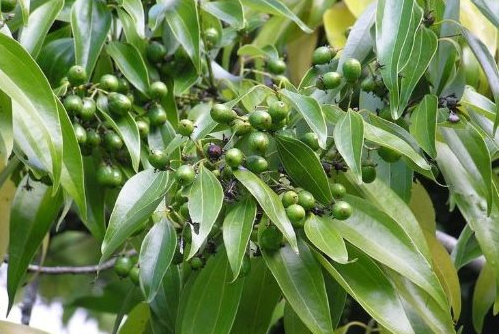
Illustrative Image
According to preliminary statistics from the Vietnam Pepper Association (VPSA), Vietnam’s cinnamon exports in May reached 15,734 tons, valued at over $38.2 million, up 32.5% in volume and 26.4% in value compared to the previous month.
Cumulative exports in the first five months of the year fetched over $123 million with 47,710 tons, up 42.3% in volume and 27.8% in value year-on-year. Prosi Thang Long was the leading exporter with 6,064 tons.
Cinnamon in Vietnam is concentrated in the northern provinces such as Yen Bai, Lao Cai, Bac Kan, Quang Ninh, and Thai Nguyen, and some central provinces like Quang Nam and Quang Ngai. The area of cinnamon cultivation has grown significantly, from 13,863 hectares in 2000 to 26,288 hectares in 2005 and 58,739 hectares in 2010, more than quadrupling.
Since 2018, the high cinnamon prices have encouraged farmers to expand the area under cinnamon cultivation. By 2022, the cultivated area reached 148,790 hectares and in 2023, it reached 186,000 hectares. Yen Bai and Lao Cai provinces accounted for 47.8% and 33.3% of the total area, respectively. The global demand for cinnamon is increasing rapidly, ranging from 8% to 12% annually, which has driven up cinnamon prices, especially since 2016.
Vietnam is currently the third-largest cinnamon producer in the world, after Indonesia and China. The export value of Vietnamese cinnamon has been consistently increasing over the years, reaching approximately $276 million in 2022.
The export markets for Vietnamese cinnamon are diverse, ranging from India, China, and Bangladesh to the US, EU, and the Middle East. Notably, the demand for cinnamon in the functional food, cosmetics, and pharmaceutical industries in developed countries is growing rapidly, presenting a significant opportunity for Vietnamese businesses to enhance the value of their products. Moreover, commitments under free trade agreements (FTAs) such as EVFTA and CPTPP are helping to reduce tariffs for cinnamon, making it easier to expand market share in premium markets.
However, along with the positive aspects, the Vietnamese cinnamon industry also faces several challenges. Over-reliance on raw material exports limits the added value, while major exporting countries like Indonesia, Sri Lanka, and India are focusing on deep processing and making substantial investments in the supply chain. Additionally, stringent requirements for traceability, organic certification, technical standards, and food safety and hygiene in import markets compel businesses to invest more in raw material regions, processing technology, and quality control.
Some domestic businesses have started shifting towards sustainability, partnering with farmers to build organic raw material regions and adopt international production standards such as HACCP, GMP, or achieving organic certification from USDA and EU Organic. This is considered a necessary direction to enhance competitiveness and increase export value in the medium and long term.
With its favorable climate, soil, and vast raw material areas in provinces like Yen Bai, Quang Nam, and Quang Ngai, the Vietnamese cinnamon industry still has significant room for growth. To maintain growth momentum in 2025 and beyond, focusing on deep processing, improving quality, and developing a national brand for cinnamon products is essential to elevate the position of Vietnamese cinnamon on the global trade map.
Vietnam Aims for a Competitive, Not Tax Haven, Financial Landscape to Lure Institutions
Are there any other adjustments you would like to make to this text? I can easily make further changes or provide additional content if you wish.
“Deputy Finance Minister Nguyen Thi Bich Ngoc emphasized that all international financial centers strongly avoid creating a ‘tax haven’ to attract financial institutions to their shores, and Vietnam is no exception. “
Securities Firm Hikes Some Service Fees from July 1st
In light of the recent changes to the VAT law, which now imposes a 10% tax rate on certain securities activities that were previously exempt, securities companies have been quick to announce adjustments to their service fee schedules.

